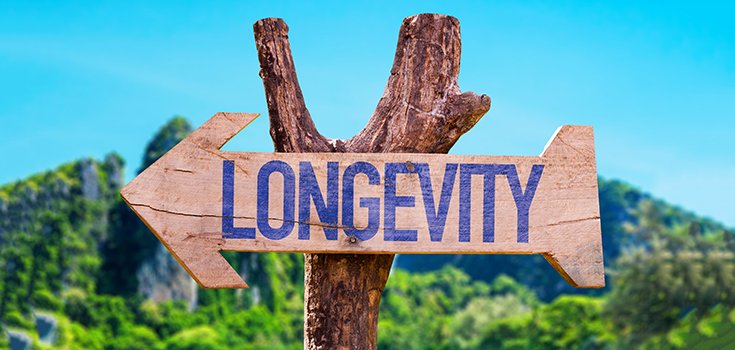Cultures Around the World Show Us How Life Purpose Fuels Longevity

We know instinctively that meaning and purpose are necessary in order to live a fulfilling life, with those of us in a career we love often held in high regard. But regardless of how passionate you may be about your career, we all need a hobby – an interest outside of work that we truly love to do. The benefits of purpose and hobbies, however, go beyond quality of life.
Japanese culture has a concept called ikigai, which roughly translates to “purpose in life.” Ikigai has traditionally been associated with health and longevity. One study on over 4000 adults set out to determine if this theory was true.
All participants were over 65, with:
- More than 1800 identified as at high risk of death
- More than 1200 at high risk of losing ability to perform activities of daily living (ADLs)
- More than 1100 at risk of losing their ability to perform instrumental ADLs.
Data from February 2011 to November 2014 was used, which can be a long time when it comes to age-related disability. Compared to people who had both hobbies and an ikigai, having neither of these was associated with double the risk of mortality, close to triple the risk of losing ADL abilities, and almost double the risk of losing IADL abilities!
Therefore, hobbies and ikigai were linked to increased longevity and healthy life expectancy in older adults.
This was not the only study that found a link between purpose in life and longevity. Another study on 6000 adults with a 14-year follow-up time found that people who initially reported a strong purpose in life had a 15% lower risk of dying from any cause.
Other research found that those who described clear goals and purpose lived both longer and better than those who did not. In fact, other “Blue Zone” cultures (areas with a high prevalence of centenarians) besides the Okinawans of Japan value purpose, with the Nicoyan (Costa Rica) people calling it plan de vida.
Longevity Secrets: 6 Reasons Okinawans Live to Be Older than 100
How to Find Your Own Ikigai
So how can you find your own iikigai, or plan de vida, if you haven’t already? A great way to start is by doing an internal inventory.
Take a piece of paper, and for 20-30 minutes think of all your ideals, principles, standards, and morals, then think of your physical, mental, and emotional talents, strengths, and abilities.
It can take a while, maybe even a couple of attempts, to get an idea of what you really want, but you know you’re getting close if anything brings out a strong emotional reaction. And then…put your skills into action!
It’s also important to build relationships with people who can help you achieve your goals. Overall, longevity is for everyone, and it turns out that some of the best ways to extend your life also improve its quality.
